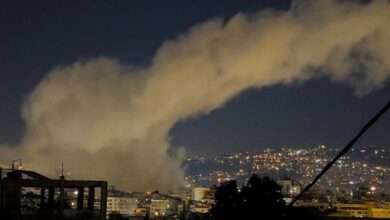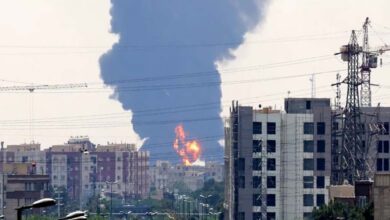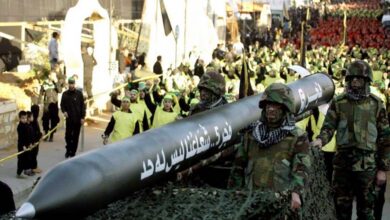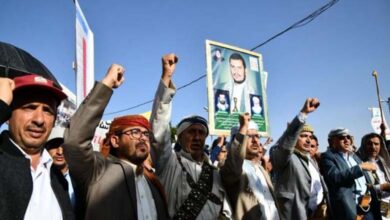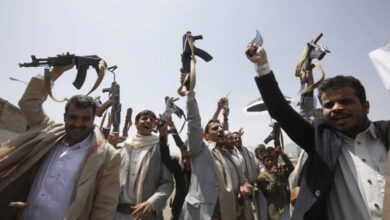Mossad Reveals How the Pager Explosions Shifted the Course of the War against Hezbollah
David Barnea: “We introduced the first 500 pagers into Lebanon weeks before the October 7 events, dealing Hezbollah a devastating blow that shattered its morale.”
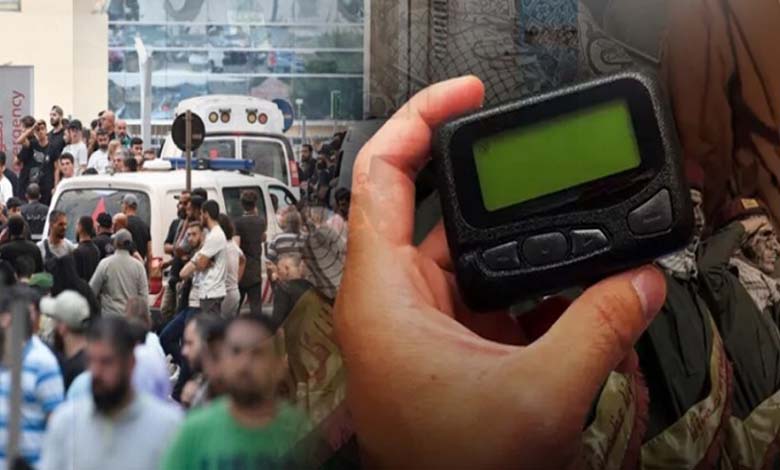
Mossad chief David Barnea revealed new details on Tuesday regarding the pager attack targeting Hezbollah members, stating that it had “turned the tables” on the Iran-backed group in its war against Israel. This marks a rare acknowledgment of a covert Mossad operation, which significantly impacted the course of the conflict.
He mentioned that about 500 pagers were smuggled into Lebanon a few weeks before October 7, without specifying whether the two events were directly connected.
Speaking at a conference at the Institute for National Security Studies in Tel Aviv, he declared:
-
The Secrets of Funding: Israel Warns of Smuggling Operations for Hezbollah
-
The Shadow Game: How Israel Penetrated the Heart of Hezbollah before Hassan Nasrallah’s Assassination
“This operation was a turning point on the northern front, where we reversed the situation against our enemies. There is a direct link between the pager bombings, Hassan Nasrallah’s assassination, and the ceasefire agreement. Hezbollah suffered a devastating blow that broke the organization’s spirit.”
On September 17 and 18, Israel executed a large-scale operation, detonating hundreds of communication devices (pagers and radios) used by Hezbollah fighters. Lebanese authorities reported that the attack killed 39 people and injured thousands.
On September 27, Israel assassinated Hezbollah Secretary-General Hassan Nasrallah in an intensive airstrike on Beirut’s southern suburbs.
-
Iranian Plans to Supply Hezbollah with Weapons via Air Routes
-
From Basta to Bazourieh: Hezbollah Strongholds “Ignite” Lebanon
A few days later, Israeli ground forces began border operations in southern Lebanon, following escalated airstrikes on Hezbollah strongholds since September 23.
This open conflict erupted after nearly a year of cross-border shelling related to the Gaza war. On November 27, Israel and Hezbollah agreed to a ceasefire brokered by the U.S..
However, Israel did not fully withdraw from southern Lebanon, maintaining military control over five strategic highlands, which Lebanese authorities deemed an “occupation.”
The Mossad operation marks a pivotal moment in warfare tactics, proving that deception can be more powerful than conventional military strength.
-
Houthi Failure to Recruit Army Officers Who Refused to Join Them: What Role Does Hezbollah Play?
-
Israel Threatens Hezbollah Leaders: Defeating the Party with the Weapon of “Chaos”
-
Israel’s Attempt to Break ‘Al-Qard Al-Hassan’: Cutting Hezbollah’s Financial Channels
-
Hezbollah and the Death of Nasrallah… the End of an Era?
-
Netanyahu reveals Hezbollah’s plan to invade northern Israel



